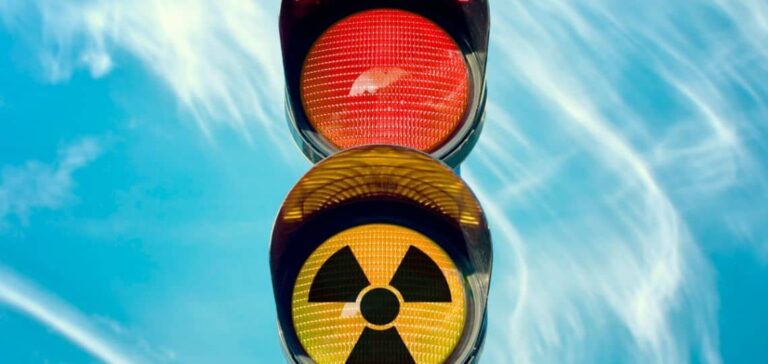As part of the debate on nuclear energy in Europe, seven European Union countries recently wrote a letter to Sweden, which holds the rotating EU presidency, asking that the EU’s renewable energy targets remain free of non-renewable energy sources. These countries include Austria, Denmark, Germany, Ireland, Luxembourg, Portugal and Spain. France, which has historically relied on nuclear power for 70% of its electricity, is pushing to include nuclear power in the EU’s renewable energy targets.
The debate on low-carbon hydrogen from nuclear energy
The EU is negotiating more ambitious targets for developing renewable energy this decade, but the talks have been stalled by a dispute over whether countries can meet the targets using “low-carbon hydrogen” produced from nuclear power. The fuel source divides EU countries, with Austria and Luxembourg strongly opposing it, while other countries, such as Germany, are phasing out their reactors and countries such as Denmark and Ireland are denuclearizing.
Ministers from the seven countries said that including hydrogen and low-carbon fuels in the 2030 targets would reduce ambition and slow the deployment of renewable energy, which in turn would jeopardize the achievement of climate goals. They emphasized that this decade will be decisive in limiting climate change and that renewable energy and hydrogen will be the main drivers of the emission reductions needed to achieve this.
In the debate, France puts forward nuclear energy in Europe
France has led the campaign to open up the EU’s renewable energy targets to nuclear power. Last month, France, Poland, the Czech Republic and six other pro-nuclear EU countries warned that excluding nuclear power from the targets would slow the development of hydrogen, which Europe is betting on to decarbonize heavy industry.
The seven holdout countries said they were open to discussing the contribution of low-carbon fuels in other EU legislation, including on gas grids, but that renewable energy targets should only be met by wind, solar and other renewable energy sources.
However, an EU diplomat said there was growing frustration among some countries with France’s push for nuclear power at an advanced stage of the negotiations. The moves by Europe’s two largest economies, France and Germany, could be seen as “painting a picture of large member states playing by different rules than small ones,” the diplomat added.





















